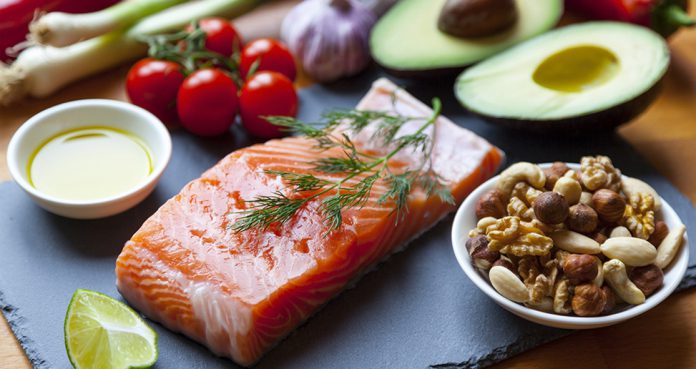Recently, there has been a lot of talks about the pescatarian diet after Kim Kardashian revealed that her eldest daughter, North, is a pescatarian, and Janelle Monae claimed that the diet led to mercury poisoning.
In an article published in Health, registered dietician Cynthia Sass has explained what a pescatarian diet is and whether it is healthy or not.
People who are pescatarians essentially follow a vegan diet but they do eat fish and seafood. They do not eat poultry or meat.
Sass, who is Health’s contributing nutrition editor, says, “In my private practice, I have seen an increasing number of people go pescatarian, and many are surprised when I tell them that they’re eating far too much seafood. Yes, wild salmon and sushi-grade tuna are excellent sources of protein, and they’re rich in omega-3 fatty acids, which are good fats tied to anti-inflammation, brain, eye, skin, heart, and muscle health.”
She says the mercury in seafood could add up quickly in your body if you are eating it on a daily basis.
“One reference I always share with clients is the Environmental Working Group’s (EWG) Consumer Guide to Seafood,” explains the dietician.
The guide shows you a chart arranged from green to yellow to red after entering your age, gender, weight, and answering a few questions in yes or no.
The green category includes seafood options rich in omega-3 fatty acids and lower in mercury. Yellow indicates a higher mercury content and red signifies too much mercury.
Sass, who is also a New York Times best-selling author, says, “When I walk my clients through the chart, I note that dark green doesn’t mean that eating unlimited quantities is safe. For each type of seafood, the percentage of the weekly recommended mercury exposure found in one four-ounce portion is listed.”
“A quarter-pound cut of salmon contains 14%, but the chart does state that dark green options should be limited to three servings per week—if no other seafood is consumed,” she added.
She says that too much consumption of mercury is not good for pregnant women because mercury can pass through the placenta, causing damage to a baby’s developing brain and nervous system.
Some studies have found that too much mercury intake in adults could lead to hypertension (high blood pressure), heart disease, and even Alzheimer’s.
Sass says, “As for the remaining healthfulness of a pescatarian diet, again, it’s all about what else you eat.”
She recommends eating plenty of veggies, fresh fruits, pulses, whole grains, seeds, nuts, herbs, and spices, irrespective of seafood. She says, “In other words, whole, naturally nutrient-rich plants that provide a balance of macronutrients [protein, carbs, and fat] and a wide spectrum of micronutrients and antioxidants.”
“If you choose to include eggs or dairy, opt for the highest quality sources, namely pasture-raised organic eggs, and grass-fed organic dairy,” advises Sass. “Keep processed foods and added sugar to a minimum, eat on a regular schedule, drink plenty of H2O, and aim for a wide variety of foods within each food group, in order to broaden your overall nutrient intake.”























